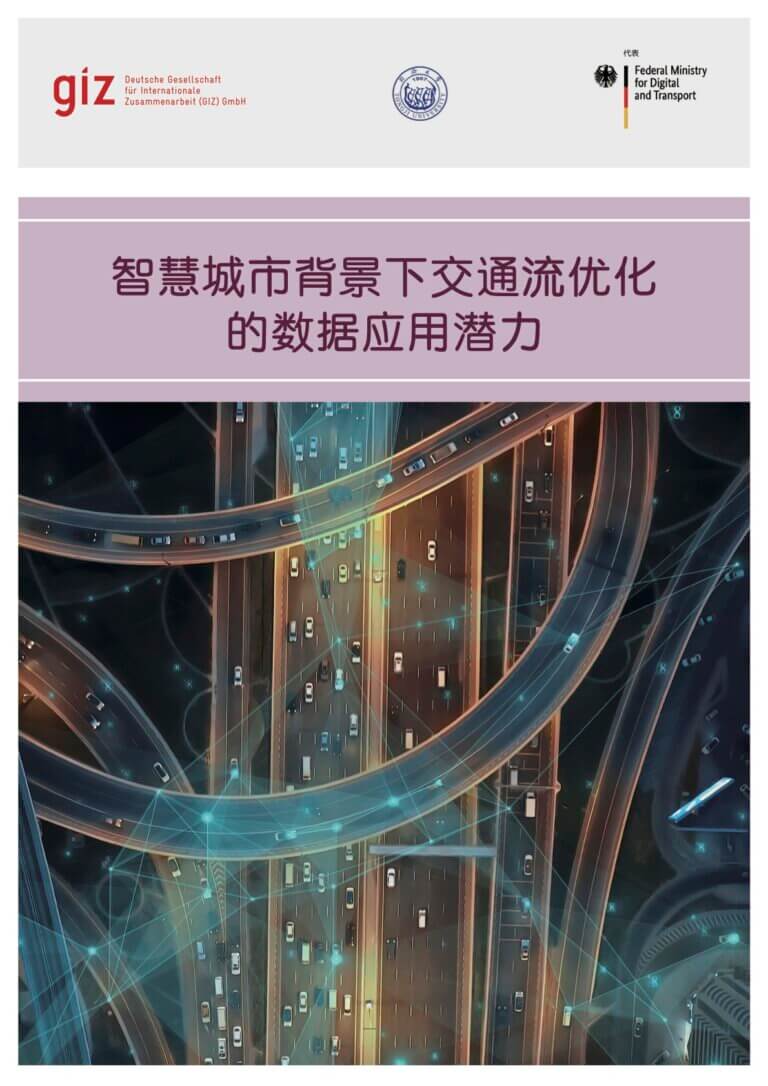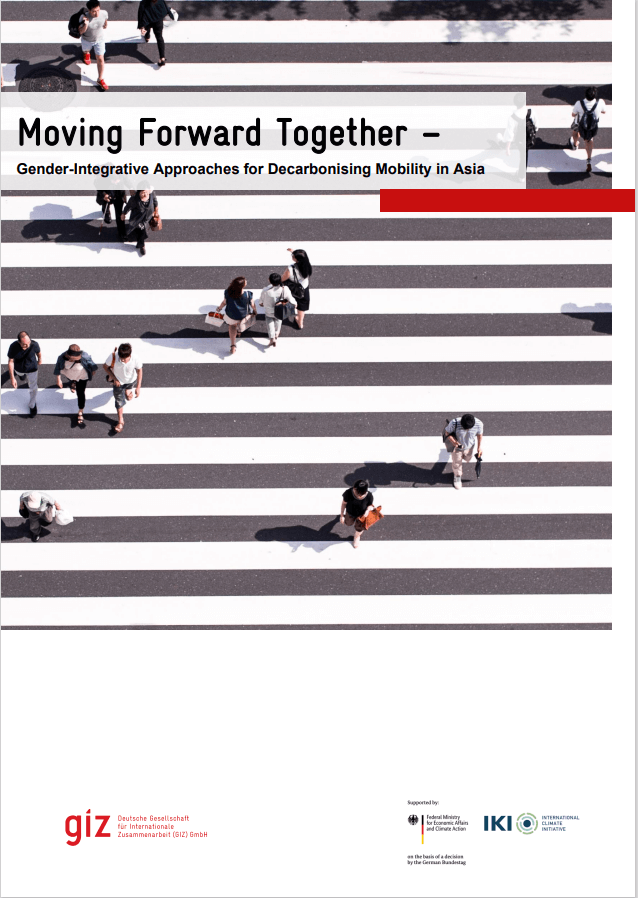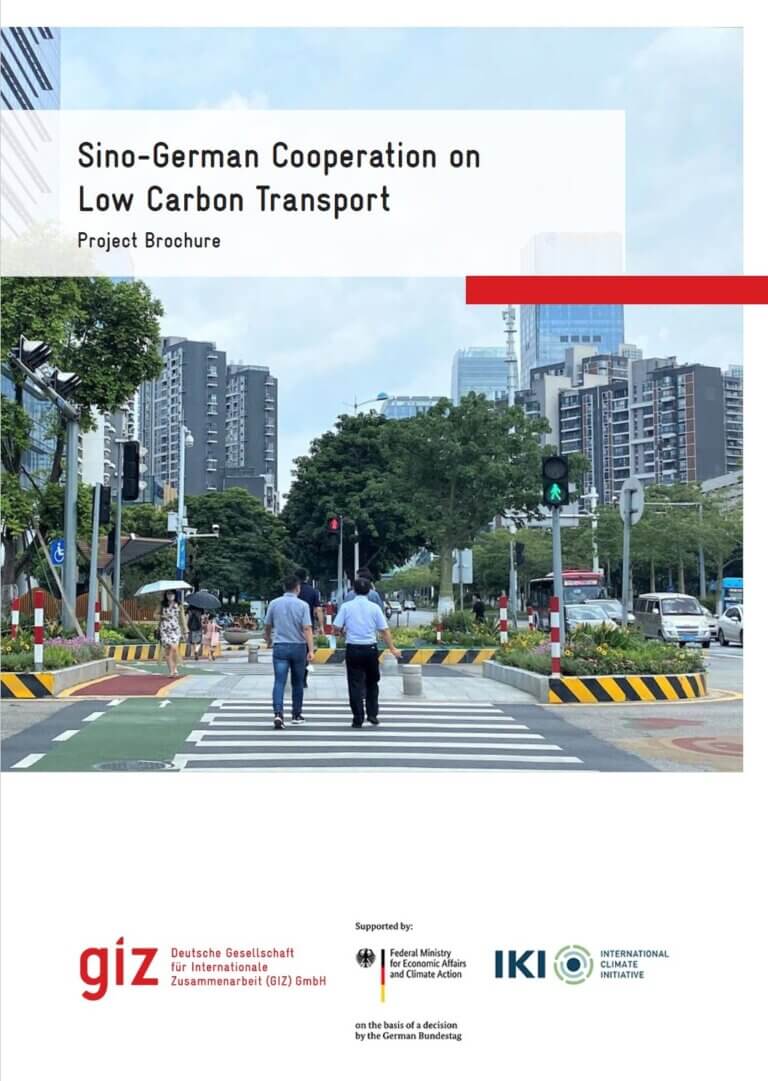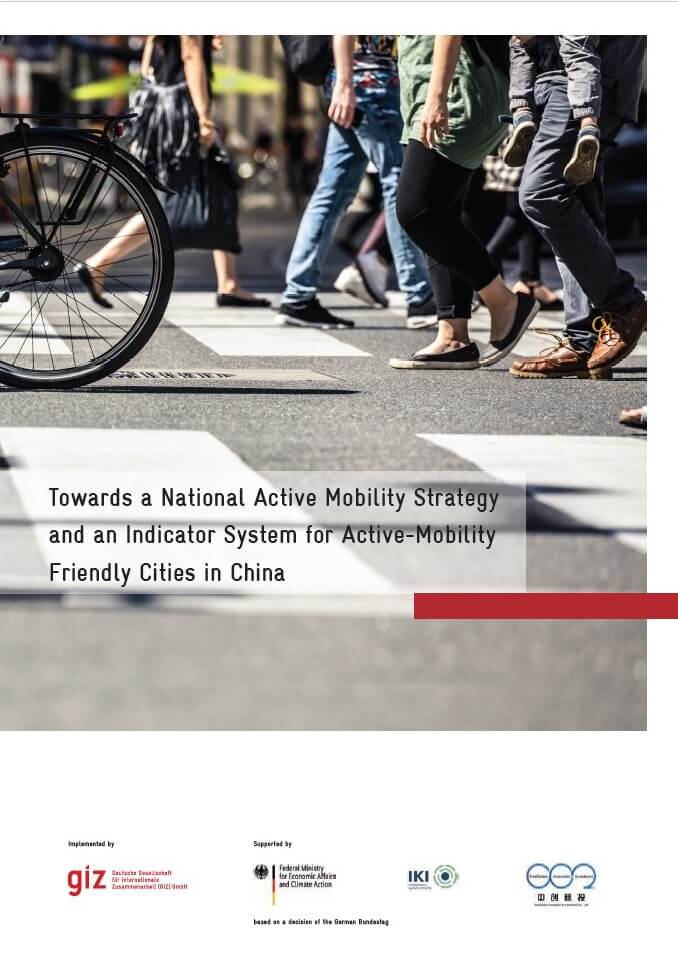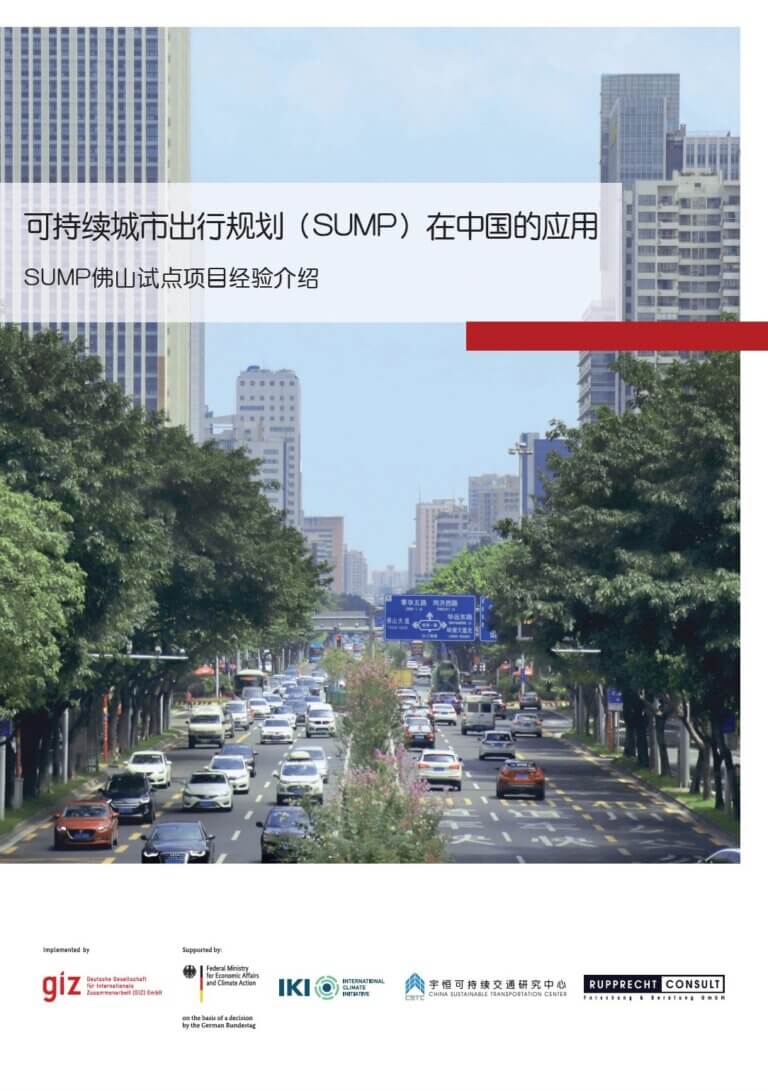Smart cities seek to transform urban spaces to be technologically advanced, more efficient, sustainable and socially integrated. Countries around the world, spearheaded by China, which has adopted smart city development as a national strategy and a focus of its future economic and urban development strategy, are driving the global smart city market. By using smart city technologies such as cloud computing, spatial information and big data, connectivity and exchange between government agencies, urban residential communities and infrastructures are strengthened, enabling dynamic city monitoring and future forecasting.
This study conducted by Tongji University provides an overview of the current understanding of smart cities in the context of transport and mobility. Presenting the common usage of traffic flow data and tangible projects in China, this study helps identifying the challenges and opportunities in the practical implementation of traffic flow optimisation-projects, discussing data security policies and measures and thus highlighting valuable learnings for other countries.
Drawing from hands-on experience in China, open sharing of public data or guided, regulated data exchange can be an effective way to unlock the potential of data as a factor and generate new data value. Comprehensive Big Data platforms create an inclusive basis to combine and transform various data into information resources under the consideration of legal regulatory systems and guidance of data exchange systems. Through big data analysis, simulation and modelling, the study shows how such platforms strengthen decision-making capabilities and help to further improve operational efficiency and usher in a new phase of IT-enabled transport development. As such, traffic data has great potential to be applied in the context of smart cities and smart transport in areas such as transport supervision, transport emissions and transport safety.

